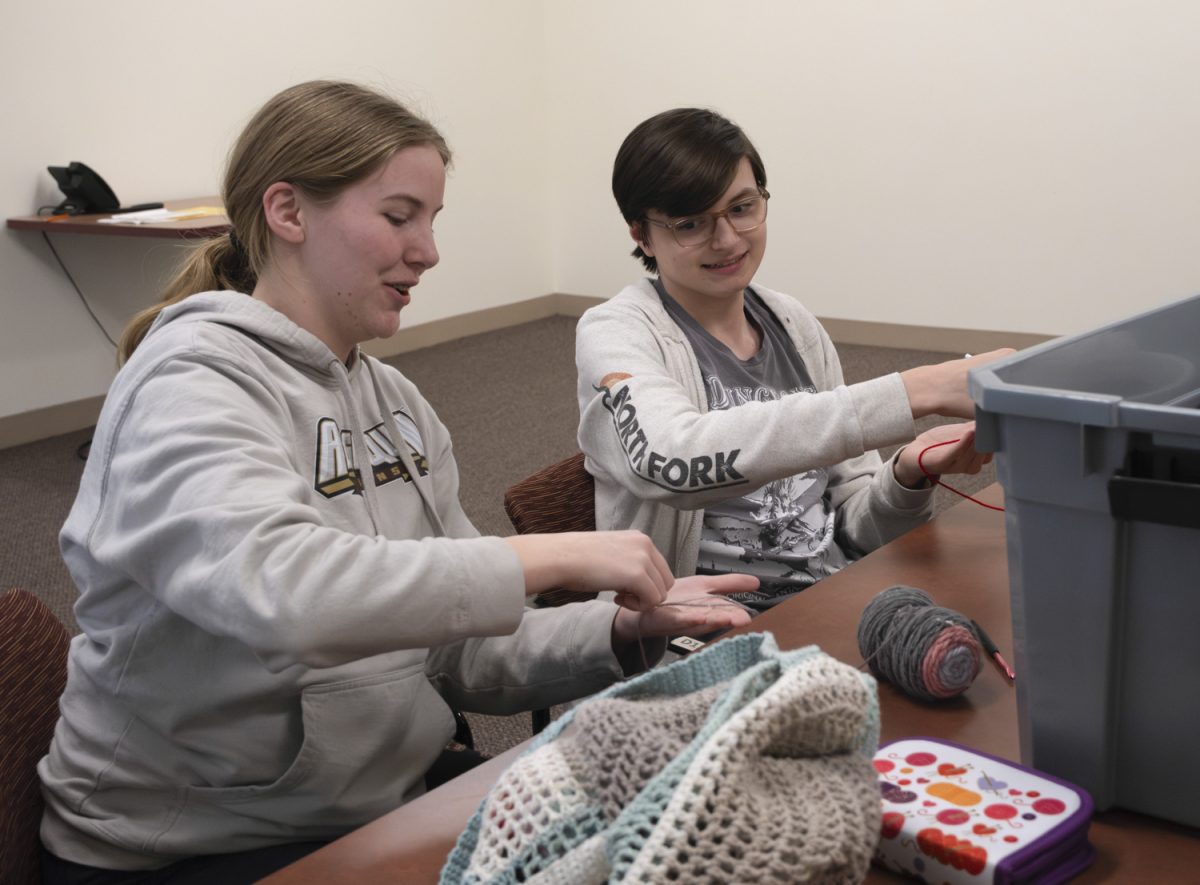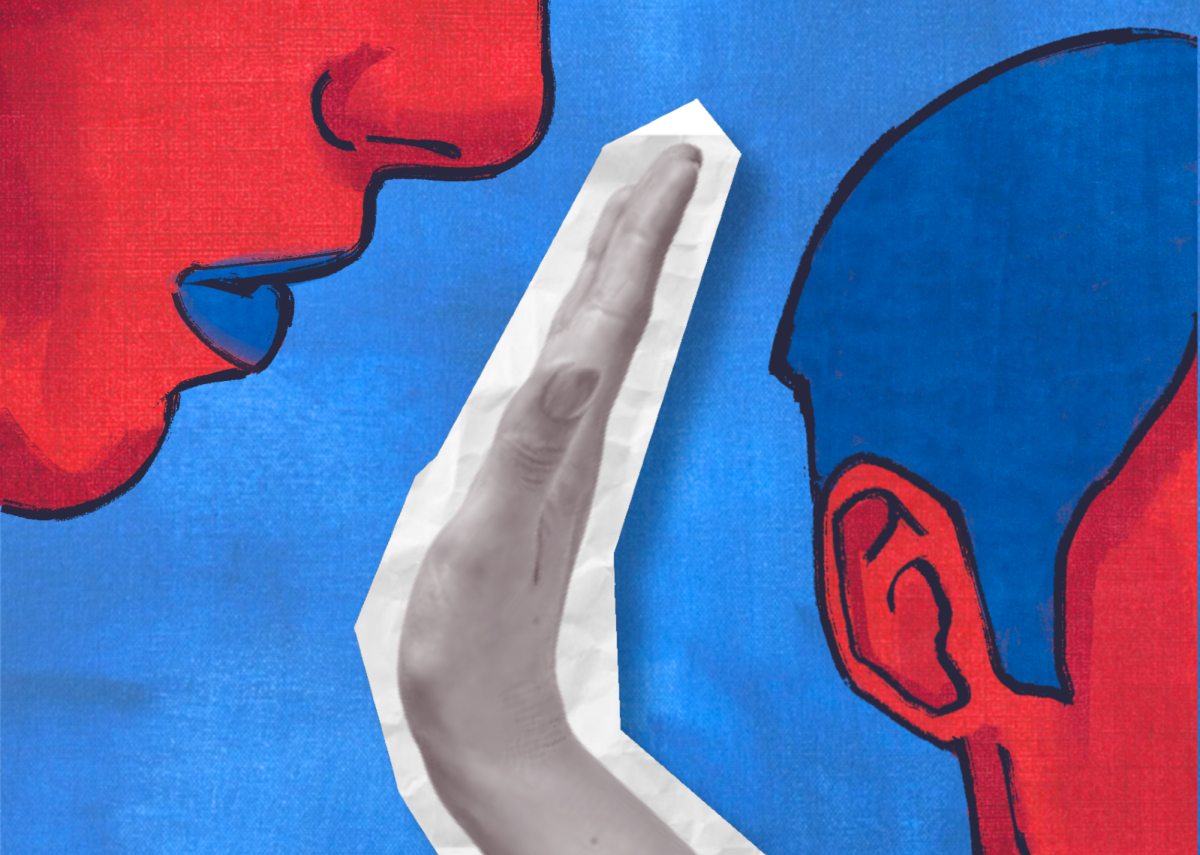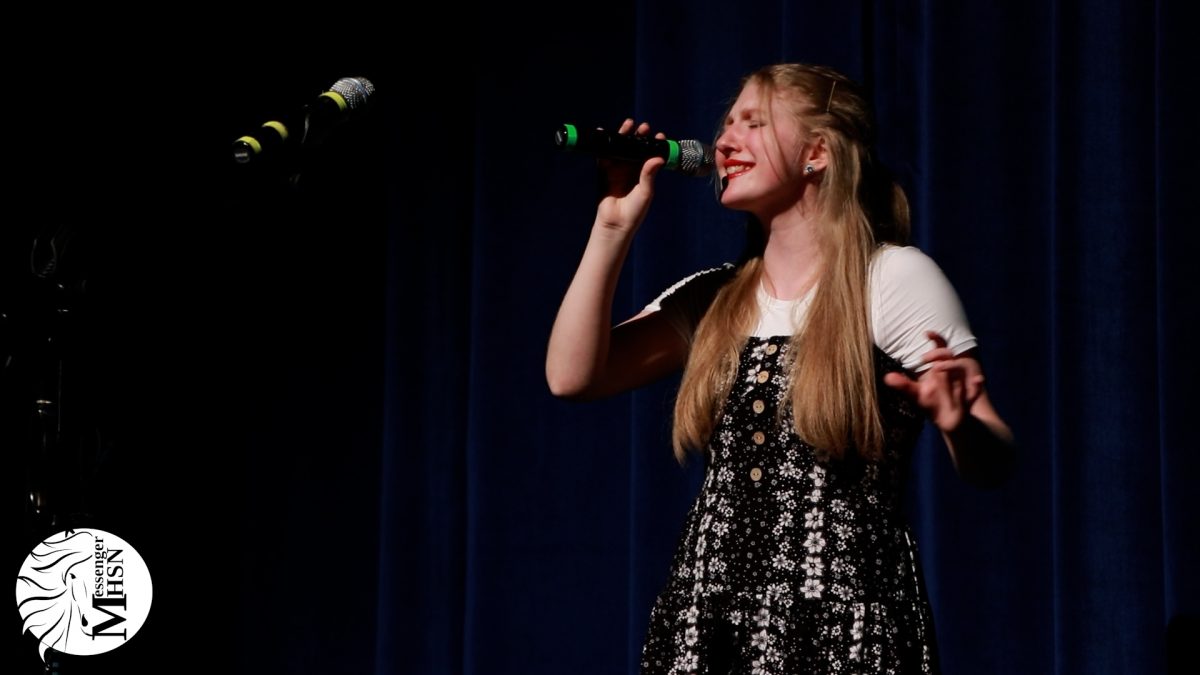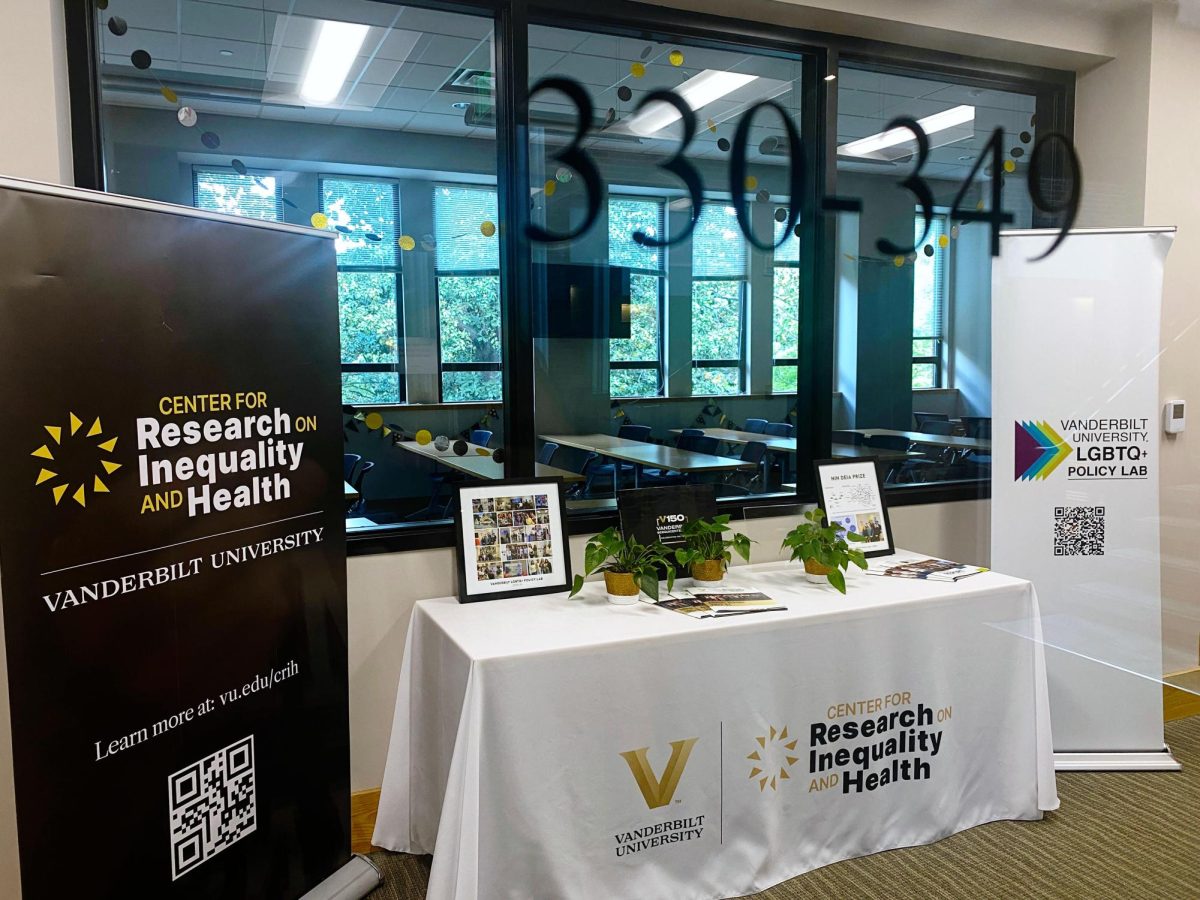Tadd Johnson became the University of Minnesota’s first-ever senior director of American Indian tribal nations relations in 2019.
“I was clear that my mission was to build relationships and trust between the University of Minnesota and the Minnesota tribes,” Johnson said.
Shortly after he settled into his office, the Mellon Foundation gave the University a $5 million grant, which created Minnesota Transform, a project that distributed the grant money to support decolonial and racial justice initiatives at the University and across the state.
With the help of several interns in his office, Johnson and his interns secured just under $400,000 from that project to learn how the tribes in Minnesota felt about the University.
“What we did with that was kind of unusual,” Johnson said. “Wanting to hear from the tribes of Minnesota, we were in correspondence with the Minnesota Indian Affairs Council, which is actually a state agency, but it’s this kind of unique entity for a state agency in that it is run by tribal leaders.”
The Minnesota Indian Affairs Council represents 10 of the 11 tribes in Minnesota, according to Johnson. The only tribe that does not participate is the Upper Sioux.
“We chatted with them and said, ‘Would you be willing to take these funds and get the views of the tribes? We’ll do whatever to assist you,’” Johnson said. “They agreed to that.”
Johnson said the money was sent to the MIAC Board, which distributed it among the tribes to train and support researchers.
From this work came the Toward Recognition and University-Tribal Healing (TRUTH) Report, a 554-page document released in April 2023 detailing the 160-year history between the University and tribes, including genocide, forced removals, land grabs, resource extraction, historical revisionism and the failure to teach the correct history of the land the University is located on. The report also lists several recommendations for the University on how it can begin healing that relationship.
The recommendations in the report include returning Indigenous lands, perpetual reparations to Indigenous peoples, adopting policies to increase Indigenous representation across all five campuses, full cost of attendance waivers for all Indigenous people, adopting policies that respect tribal sovereignty and cultural heritage, and more.
The report included financial, legislative and archival records as well as academic literature and Indigenous oral histories to demonstrate the University’s long history of mistreatment of Indigenous peoples. It also tied in the ongoing struggle for Indigenous rights and sovereignty.
The Project’s two co-chairs could not be reached for comment on this article.
Johnson, who became the first-ever Native American to serve on the Board of Regents, was on the Board while the report was being written. He said the report stemmed from a 2020 resolution passed by the Minnesota Indian Affairs Council calling on the University to improve its relationship with the 11 tribal nations.
“It was kind of like — sort of like my marching orders for the next — what I was going to do as the liaison to all the tribes,” Johnson said. “That was the first thing we were working from. I didn’t expect to get bumped up to regent, but I went from complaining to, ‘Now I’ve got to solve these things that I helped stir up.’ Life really is fair that way.”
Representation
The TRUTH Report recommends the Board of Regents adopt policies that would increase the representation of Indigenous people in the University’s faculty, staff and students across its five campuses.
Karen Diver, the senior advisor to the president on Native American affairs, said the University has been hiring Indigenous faculty to meet this recommendation.
One example is the first Indigenous faculty member in the Humphrey School of Public Affairs, Sheryl Lightfoot. Lightfoot was hired in September 2023 and serves as the chair of the United Nations (U.N.) Expert Mechanism on the Rights of Indigenous Peoples, which informs the U.N. Human Rights Council on the rights of Indigenous peoples.
“She’s internationally known for Indigenous rights,” Diver said. “She’s now faculty at the Humphrey School.”
According to Diver, another faculty member hired by the University was Kyle Hill, an assistant professor in the School of Public Health who focuses on Indigenous public health issues.
“Representation isn’t just about signage and land acknowledgments,” Diver said. “It’s ‘How are we reflected within, Indigenous peoples reflected within the institution?’”
Multiple faculty members of the Department of American Indian Studies declined to be interviewed for this article.
The representation of Native Americans within the student body has also increased, according to Diver.
“We’ve set records on the Twin Cities campus, the Duluth campus [and] the Morris campus,” Diver said.
Diver partially attributes this increase in representation to the Native American Promise Tuition Program that came into effect in fall 2022 and covers 100% of tuition for students who have a family income less than $125,000 and are enrolled as a citizen in one of the 11 tribal nations in Minnesota.
Diver said the University created a housing scholarship for incoming Native American first-year students this year to further alleviate stressors, though there was not enough money for all students.
Native American Graves Protection and Repatriation Act
Another recommended action in the TRUTH Report is for the University to hire at least one staff position dedicated to Native American Graves Protection and Repatriation Act (NAGPRA) compliance and coordination.
Diver said the University hired Dylan Goetsch, a field investigator for the Minnesota Indian Affairs Council, through the Office of Native American Affairs to coordinate its approach to NAGPRA.
“That’s actually really exciting,” Diver said. “That was a major priority of the tribes.”
NAGPRA is a federal law requiring federally funded institutions to return any human remains or items of significant cultural value within their possession to the tribes they were taken from.
“The NAGPRA coordinator will, like I said, work with all five campuses to do a thorough inventory,” Diver said. “We have points of contact on each campus. We are literally going to do a campus-by-campus review of every drawer, closet, box to try to figure out what we have.”
Diver said Goetsch is responsible for training contacts at each campus, who will organize their campus to undertake an inventory of everything they have which NAGPRA would require them to return.
“I think he’s coming up with all those protocols right now of how to get them started and what items do we need to help them look out for,” Diver said.
Cloquet Forestry Center
The return of the Cloquet Forestry Center to the Fond du Lac Band of Lake Superior Chippewa is listed as another recommended action in the TRUTH Report.
The Cloquet Forestry Center is a roughly 3,400-acre plot of land used by the University as its primary research and education forest, located entirely on the Fond du Lac Reservation.
According to Diver, the forestry center is currently in the legislative process of being returned to the Fond du Lac Band.
The forestry center’s website says this process began in February 2023.
“It’s a complicated real estate transaction because the state of Minnesota owns some of the parcels,” Diver said. “They bought them for the purposes of the forestry center, but never transferred the title.”
According to Diver, the state purchased portions of the land for the forestry center’s use but never transferred the title of that land to the University. Therefore, the University needs approval from the state of Minnesota before it can give the land back to the Fond du Lac Band.
Another complication with the land transfer is Higher Education Asset Preservation and Replacement (HEAPR) funding is involved in the forestry center. HEAPR funding comes in the form of a bond allocated by the state government for the University. It is to be used for maintenance of existing buildings and properties and as a bond, it needs to be paid back with interest.
“The legislative request is to … defease the bonds,” Diver said. “It’s a fancy legislative term for ‘pay off the bonds.’”
Once the bonds are paid off, the land owned by the government will be transferred to the Board of Regents, according to Diver.
“We’re trying to get them all put in a nice package so it could go to the band in a package and not have separate processes for each parcel,” Diver said.
While the University is currently in the process of returning the land, it is also negotiating with the Fond du Lac Band to lease the forestry center and continue its research there.
“Yes, the band would like its homeland back, but it also recognizes the value of the University of Minnesota,” Diver said. “Nothing would change except the title of the land.”
Respecting tribal sovereignty
Another recommendation in the TRUTH Report is that the Board of Regents create Indigenous research policies that respect tribal sovereignty and treaty rights.
Diver said the Guidelines for Indigenous Research guidebook, published in September 2022 by the Office of Native American Affairs, was a response to the recommendations. The primary objective of the guidebook is for researchers to obtain consent from tribal and Indigenous people and to conduct research that meets both sides’ needs.
“Because that’s about respect for tribal sovereignty,” Diver said. “That was in the TRUTH Report. It’s about engagement, communication. It’s about respect. It’s all of those things.”
The guidelines were used as the basis for the Indigenous Research Policy, which was authored by Diver and will be voted on by the University Senate on April 25. This policy turns the guidelines official, meaning the University can enforce them if they are not followed correctly.
Moving forward
“I don’t want to say that there isn’t continued work to do, because there is,” Diver said. “I feel just really strongly that this institution is being responsive, and is committed to repairing those relationships.”
Johnson said the Board of Regents met last summer and agreed to make working with Native Americans one of its priorities for the following school year, but the process of picking the University’s next president consumed too much of their time.
“I think we need to get a little better organized,” Johnson said.
The Board of Regents will convene on June 15 and 16, during which Interim President Jeffrey Ettinger is expected to present his recommendations on the TRUTH Report.
“While it’s premature to get into all of those specifics before my public discussion with the Board,” Ettinger wrote in an email statement to The Minnesota Daily, “I can say that our recommendations will focus squarely on reinforcing our commitment to working in collaboration with tribal partners and, in particular, creating more opportunities for Native American students, faculty and staff.”
Ettinger said the University has been working to build and improve relationships with tribes and Indigenous peoples and address some of the TRUTH Report’s recommendations.
Addison Thompson, a second-year student majoring in biology and environmental science, said she is not convinced by the actions the University claims to be undertaking in response to the report.
“If you look at the wide range of students here, compared to how many people are supposedly benefiting from all of this, it isn’t actually doing that, but it seems more of a political thing to put out there,” Thompson said. “It seems like there’s no initiative.”
Dylan Young, a former University student body president at the Morris campus, said increased efforts to uncover and address Minnesota’s history have gone a long way.
When evidence pointing to the bodies of eight to 10 American Indian boarding school students under the University’s Morris campus was uncovered, an advocacy committee was instrumental in prompting a greater administrative response, Young added.
“There was a greater emphasis on explaining what the boarding school era meant for Native American people,” Young said. “Now, the University does a lot more events around it.”
Young said he strongly believes the University should thoroughly explore each TRUTH Report recommendation and work face-to-face with tribes.
“At the end of the day, the University claims to believe in having a strong relationship with tribes and wanting to reconcile the relationship,” Young said. “The tribes, through this report, put out the conditions of that and it’s time to meet them.”
This story was originally published on Minnesota Daily on April 18, 2024.

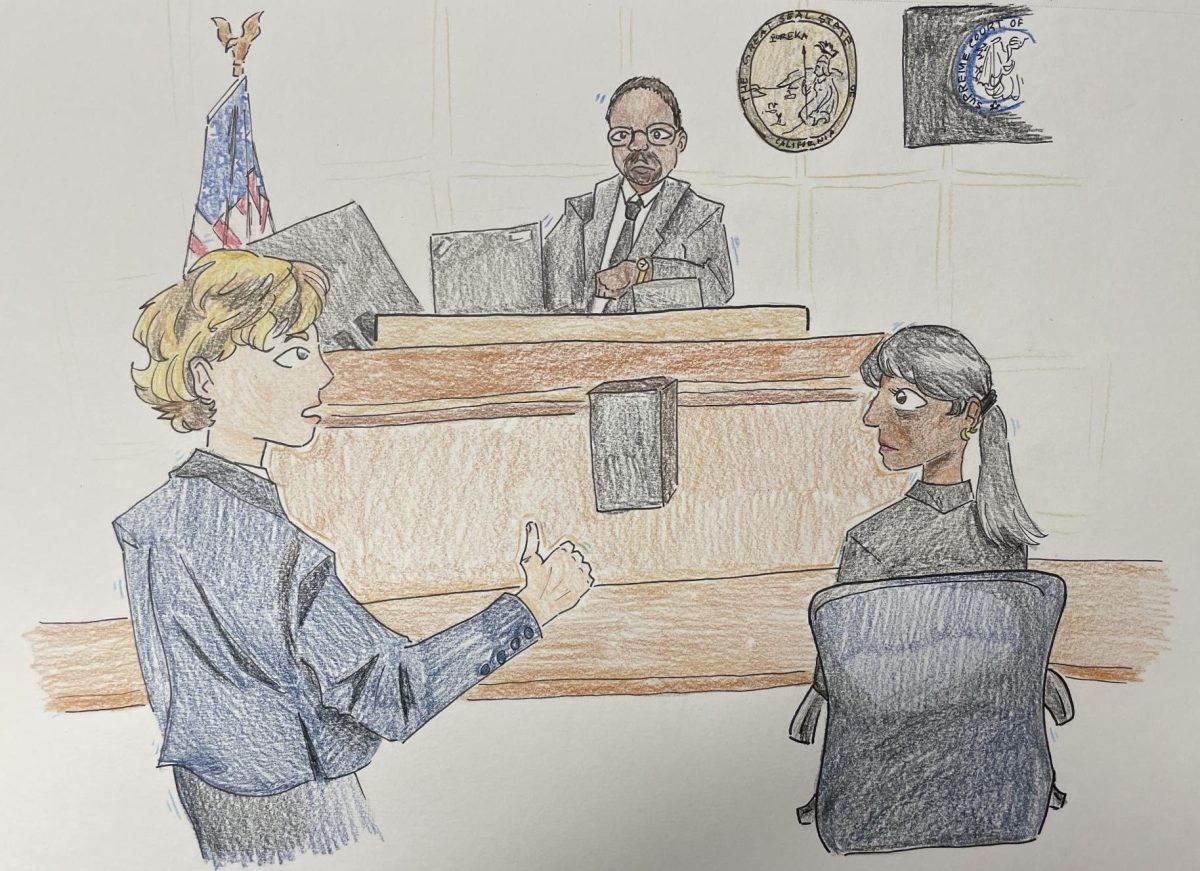







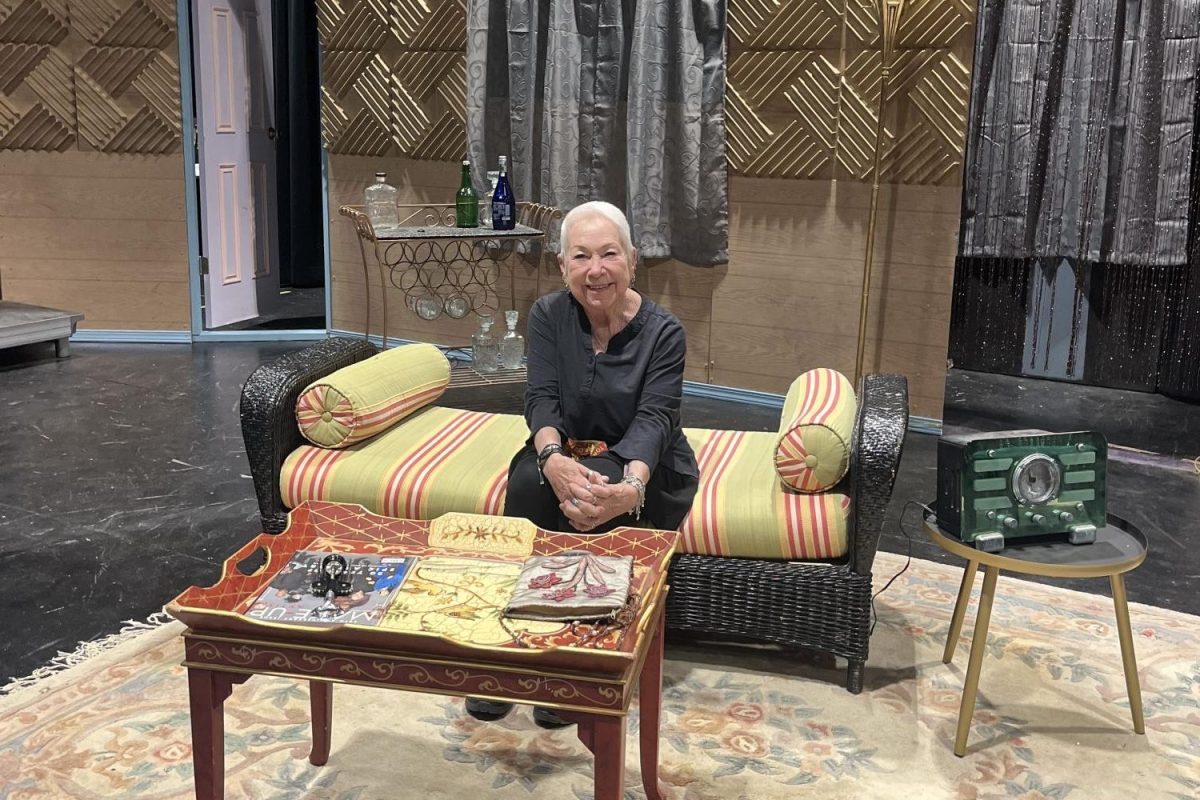




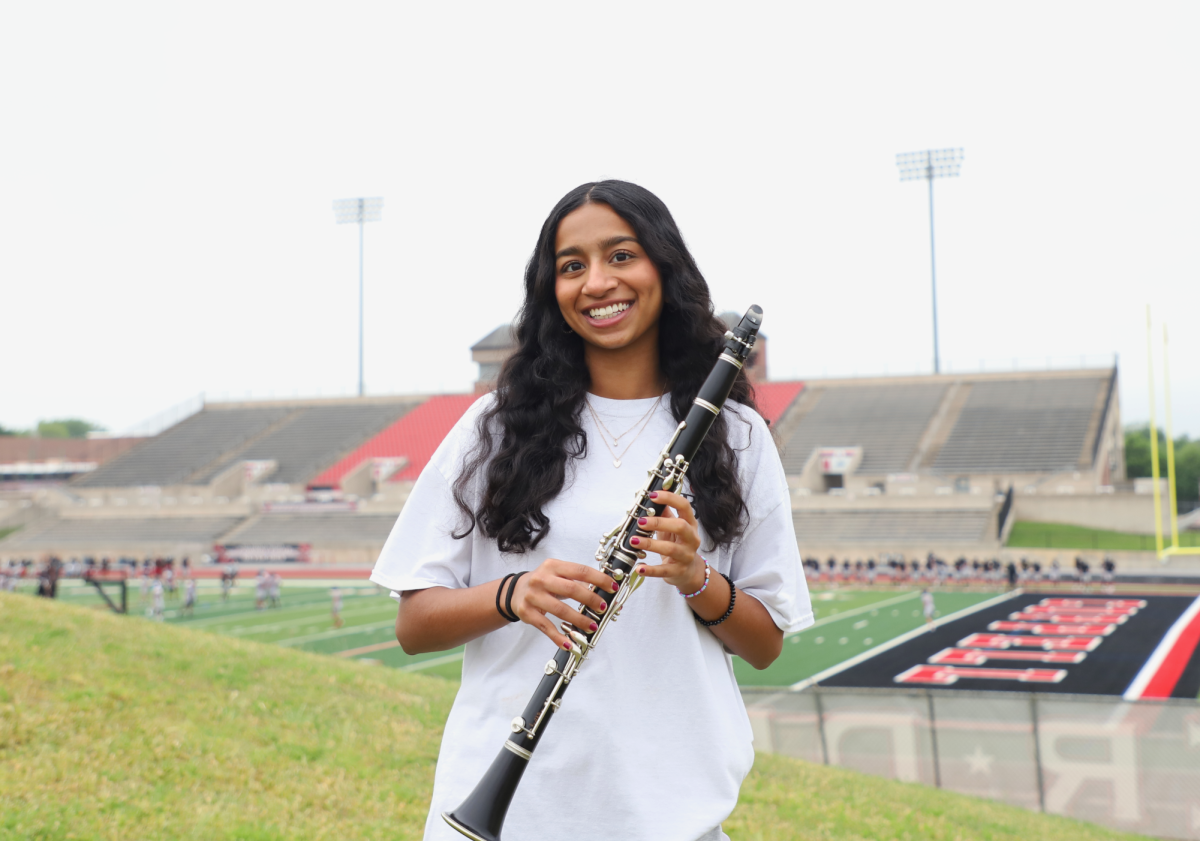
![Finishing her night out after attending a local concert, senior Grace Sauers smiles at the camera. She recently started a business, PrettySick, that takes photos as well as sells merch at local concert venues. Next year, she will attend Columbia Chicago College majoring in Graphic Design. “There's such a good communal scene because there [are] great venues in Austin,” Sauers said. “I'm gonna miss it in Austin, but I do know Chicago is good, it's not like I'm going to the middle of nowhere. I just have to find my footing again.” Photo Courtesy of Grace Sauers.](https://bestofsno.com/wp-content/uploads/2025/05/Grace.png)
